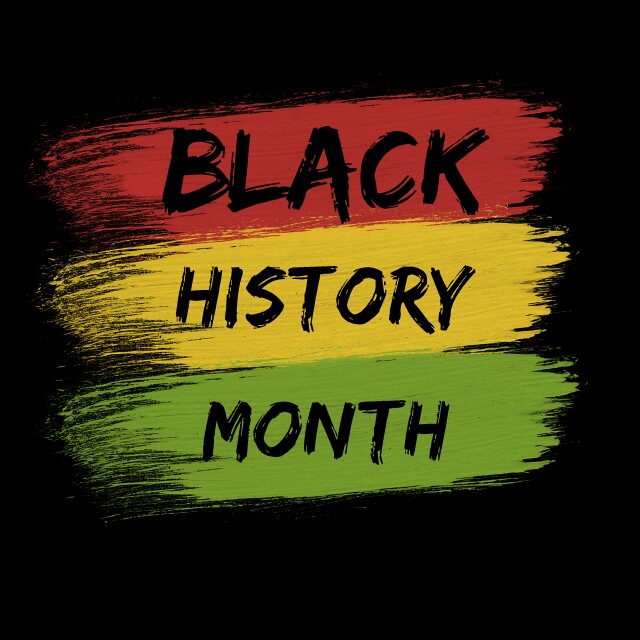The Future of Black History

"Everything has changed on the surface, and nothing else has been touched … the state is more powerful because it has given us so many tokens." – James Baldwin, I Heard it Through the Grapevine (documentary)
Black History Month, a celebration of Black history each February, is always an exciting moment in the annual calendar. For many Black people, it is both a welcome spotlight on Black achievement and a source of dark humor. Because, of course, Black History Month would be the shortest (and often coldest) month of the year. This seemed like a bitter irony with such a deep, rich history and general aversion to the cold. But still, we persist.
Corporations primarily view Black History Month as an easy and often only entry point that allows them "to engage with Blackness." This so-called engagement does nothing to confront systemic and structural racism. Similar to Martin Luther King Day in January, Black History Month can provide cover for organizations unwilling to interrogate how they continue to perpetuate inequality.
Black History Month is ready-made to be co-opted by brands that prefer sloganeering to meaningful work. It is the month during which they hope their empty promises are made temporarily palpable. Powered interest like their activism -- more "I Have a Dream" rather than "Letter in a Birmingham Jail." Knowing this has not dimmed Black people’s enthusiasm. We embrace that Black History Month is not about how other people feel. Black History is for and about us. Black history is the future.
When scholar Carter G. Woodson launched Negro History Week in 1926, he sowed the seeds of what would flourish to the modern-day Black History Month. In the same way, Woodson never intended for Black history to confine itself to a week; it can't be limited to a month. For that matter, Black history is not strictly history, as Blackness is continually growing, changing and making itself new. Nor is Black history distinct from American history despite efforts to make them separable.
Any honest story of American history must include the struggle, contribution and redemptive journey of Black people. One might question how and why they are perceived as separate stories at all. The ongoing saga of Blackness, both past and present, holds a mirror to the American consciousness and asks that it interrogate its values and meaning. This story provides a roadmap for an inclusive and justice-based future for this country.
The so-called racial reckoning in the face of George Floyd's murder has been met with the inevitable backlash of white grievance. Opponents of progress have focused their vitriol on imaginary foes such as woke culture and critical race theory. From Reconstruction to now, this is a formula as old as America itself. Rather than commit to an inclusive future, the default falls to fear-mongering and, when that fails, outright terror.
In light of this pushback, what is the responsibility of the advertising/marketing industry? What can/should these self-anointed storytellers do when this moment calls for leadership? Is it possible for an industry that is straddled with its baggage and failures to adequately address racial inequity in society?
The advertising industry has mastered the art of rhetoric without action and advocacy without activism. Last year I warned that rhetoric would not save the industry from the growing pressure to address systemic racism within its ranks. The industry suffers from a "2's" crisis: Too many influential people doing too little for too long. Black History Month is an opportunity to do more than reverse course. This is an opportunity to break from this past and move into a newly imagined future.
That future will be powered by Blackness' creativity, innovation and cultural resonance. Embracing African Americans and our cultural perspective (rather than co-opting; I am looking at your Juneteenth) is a meaningful way to build solidarity with creators and their audience. We need to create an institutional culture where Black talent can thrive, and Black voices are not just heard but heralded. For all the industry's lauded creative prowess and powers of persuasion, is any of it in service to what truly matters? The industry is mainly silent, and that silence is deafening.
So, as we embark on another Black History Month, our vision must be in lockstep with the way Black people have always survived in America -- by looking to the future. I hope the advertising/marketing industry takes this moment to step up.
Click the social buttons to share this content with your friends and colleagues.
The opinions and points of view expressed in this content are exclusively the views of the author and/or subject(s) and do not necessarily represent the views of MediaVillage.com/MyersBizNet, Inc. management or associated writers.


